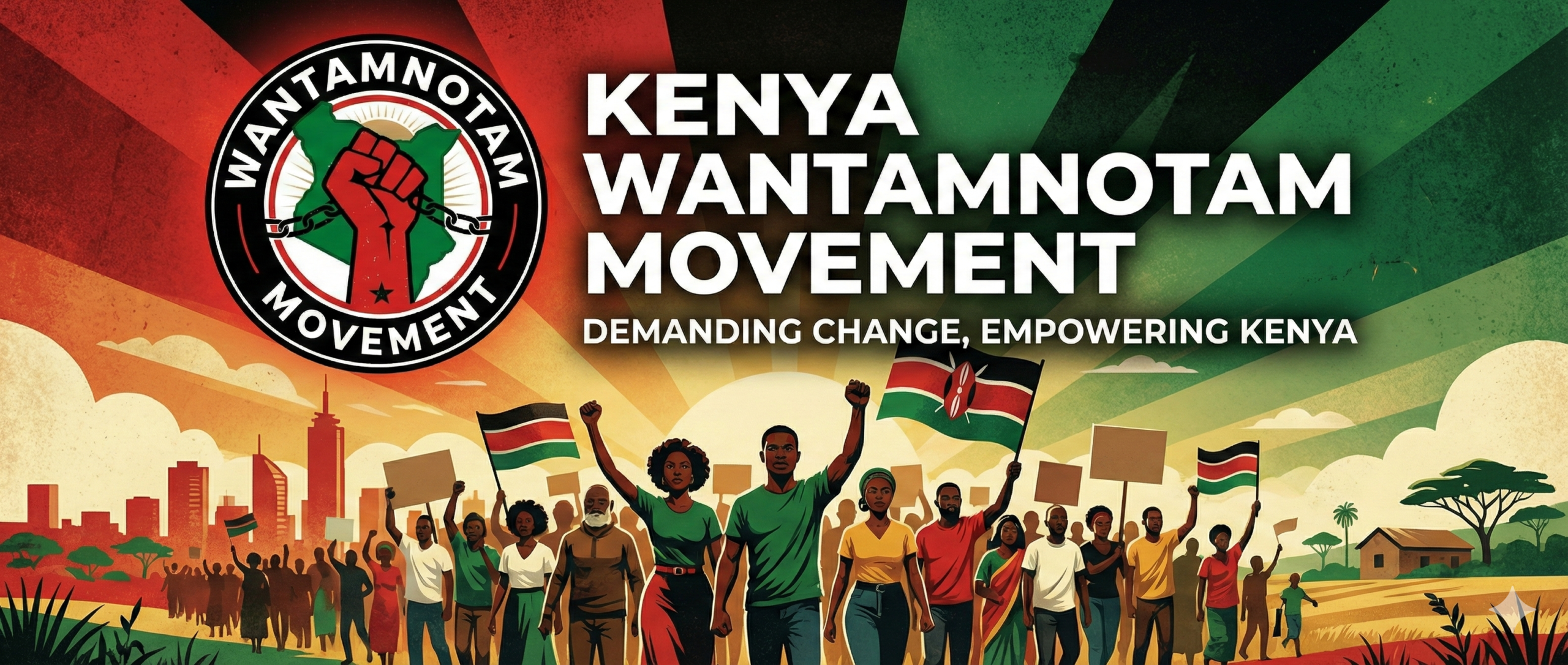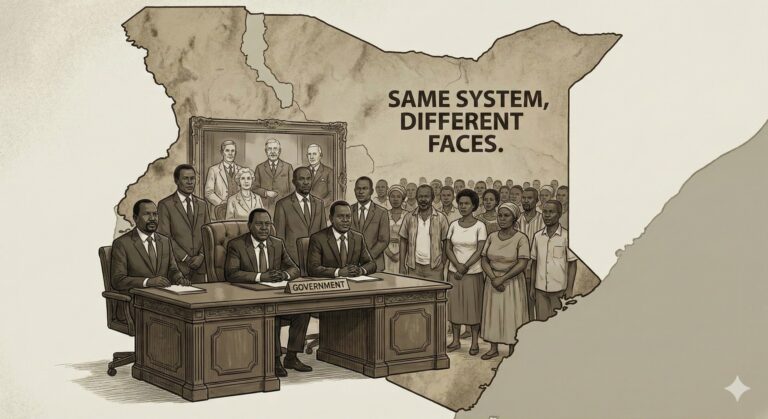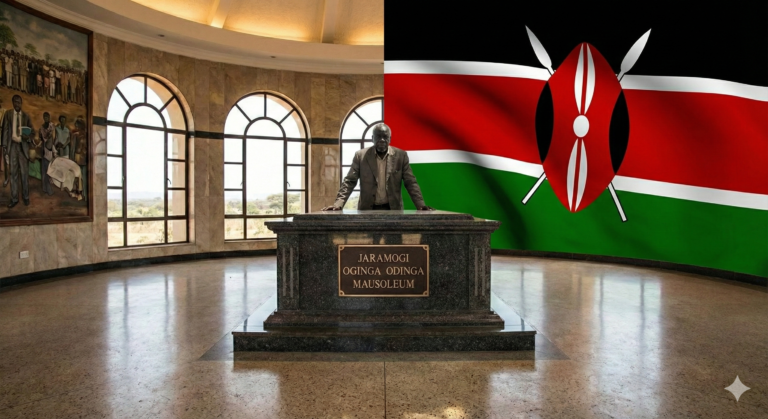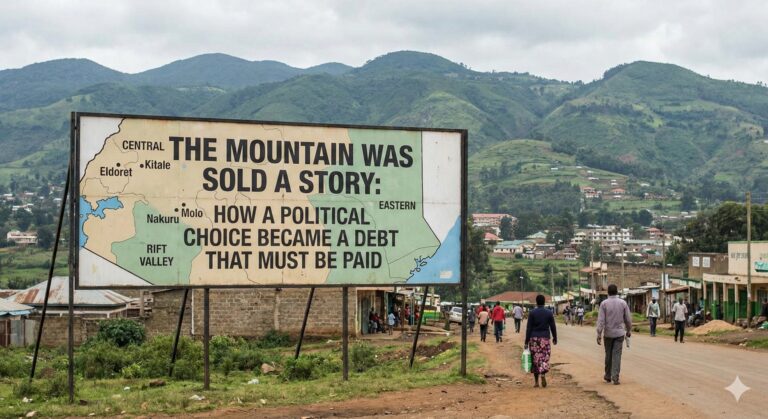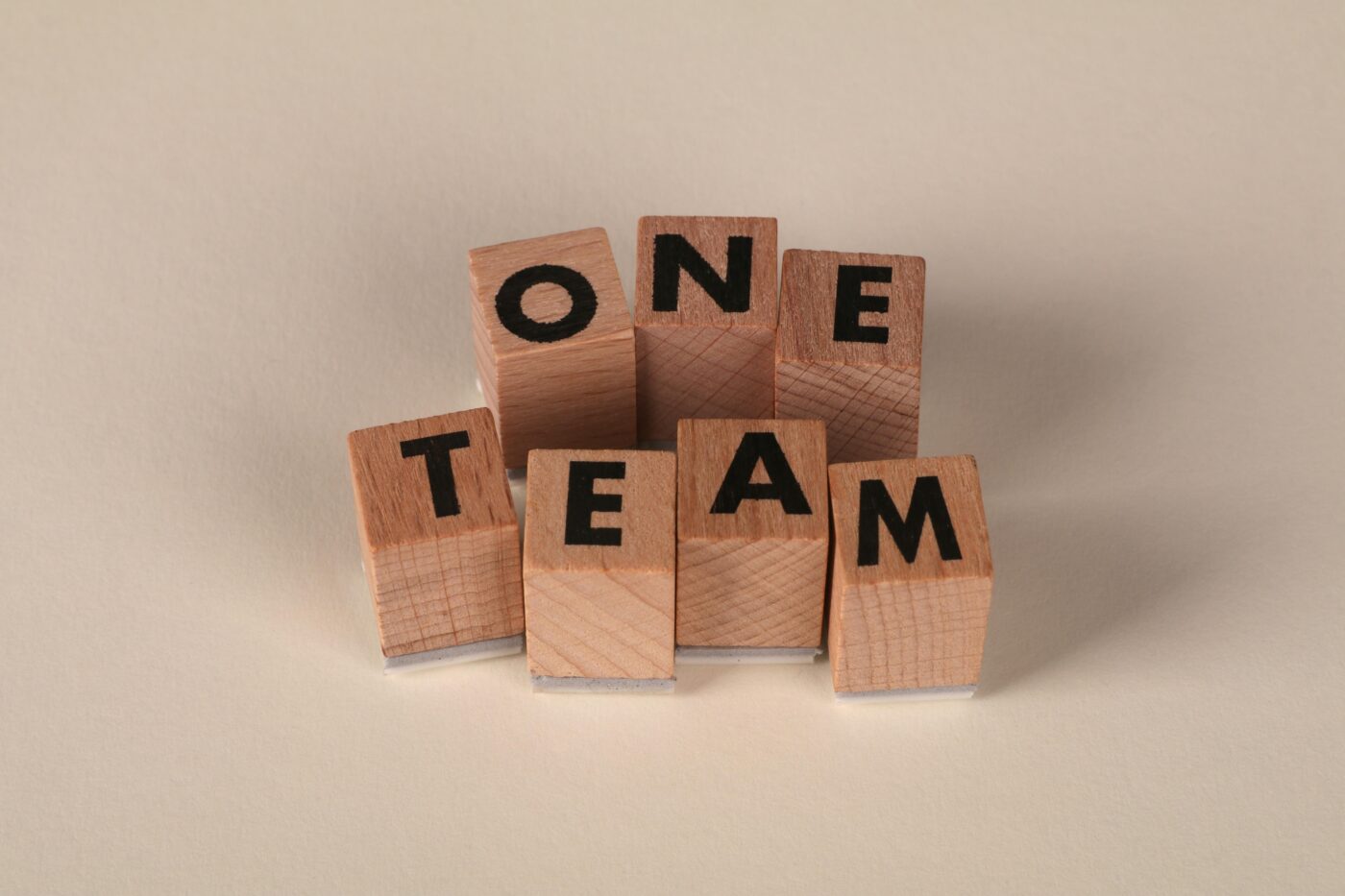
Why Finance Bill 2025 is a Burden on Everyday Kenyans
The Finance Bill 2025 isn’t a step toward economic growth—it’s an exploitation of the very people struggling to survive. Here’s why this bill is more about greed than progress.
1. This Bill Isn’t About Growth—It’s About Greed
Let’s be clear: Finance Bill 2025 does nothing to solve the country’s debt crisis. Instead, it burdens those who can least afford it. The hardworking boda riders, small-scale traders, and farmers are not responsible for the debt, yet they are the ones forced to bear the brunt.
2. The Hustler Pays the Price, Not the Elite
While this bill places new taxes on everyday Kenyans, the wealthy continue to dodge taxes and schemes to evade paying their fair share. It’s the teachers on salary freezes, small business owners, and informal traders who bear the heaviest toll.
3. Taxation Without Service: A Robbery in Broad Daylight
Kenyans face basic service failures: no clean water, no medicine in clinics, and dilapidated infrastructure. Yet, the government demands more taxes. Until they fix the mismanagement, any new tax increase is nothing but a legalized theft of the public’s hard-earned money.
4. Public Officials Live in Luxury While Kenyans Struggle
Government officials indulge in luxury: fuel-guzzling cars, lavish retreats, and inflated per diems. Meanwhile, Kenyans are paying higher VAT on food. The gap between the government’s lifestyle and the citizen’s struggle has never been wider.
5. Small Businesses Are Suffering Under This Bill
New taxes on mobile payments, imports, and turnover will cripple micro-businesses. The small shopkeeper, street vendors, and online entrepreneurs who already face systemic barriers will now be punished for trying to survive and create jobs.
6. The Digital Economy Is Being Targeted
Freelancers, content creators, and online entrepreneurs are the real victims of this bill. The government is intentionally targeting the independent workforce, because self-sustaining citizens pose a threat to broken systems. These new taxes aim to silence innovation and entrepreneurship.
7. Raising Taxes Won’t Fix Existing Waste
The government’s history of corruption—ghost workers, inflated tenders, and failed projects—continues to drain the public purse. Adding more funds to this broken system will only allow the money to vanish without ever reaching the people.
8. A National Mugging: Organized and Legalized
This bill is a form of legalized pickpocketing. Citizens are being stripped of their hard-earned money under the guise of development, yet there is no transparency, no accountability, and no visible improvements. Bad policies benefit no one but the corrupt.
9. No Tribe Escapes the Impact of This Bill
Fuel prices, utility bills, and rent aren’t divided by ethnicity. Everyone will feel the pinch of this new bill—rich or poor, from any region. It’s time to stop using tribalism as a tool for political manipulation.
10. Kenyans Must Unite and Raise Their Voices
Kenyans need to see beyond tribal lines. Unity is strength. When citizens unite, regardless of tribe, and stand against unjust policies, they become a force that cannot be ignored. This bill affects all Kenyans, and it’s time we all stood up to demand change.
11. Protest Starts with Conversation, Not Conflict
Change doesn’t start on the streets—it begins in homes and offices. Talk to your friends, share information, and break down the bill. Mobilize through conversations, and soon those discussions will turn into actions. This is how real movements begin.
12. The Power of Groups: Collective Action Over Online Noise
Forget viral tweets and social media hashtags. Real change is achieved through offline organizing. Five friends working together—writing open letters, gathering signatures, visiting local representatives—can make a bigger impact than a thousand retweets.
13. Wantamnotam: A Platform for Real Change
Wantamnotam isn’t just another social media platform—it’s a space for those who want genuine change. Share ideas, propose counterproposals, and organize meetups. It’s all about practical solutions, not empty rhetoric or online popularity contests.
14. Hateful Speech Weakens the Cause
Every insult and divisive comment only aids the oppressor. Tribal slurs and keyboard fights distract from the real issues and divide people who should be working together. Wantamnotam is a platform that bans hate speech and promotes constructive dialogue for meaningful change.
Conclusion
The Finance Bill 2025 is not about building a better future for Kenya—it’s about safeguarding the interests of the elite while squeezing the life out of ordinary citizens. It’s time for Kenyans to come together, put aside tribal divisions, and demand a better, more equitable system. Let’s reject these oppressive taxes and push for transparency and accountability in the use of public funds.
CLICK HERE:Listen To WANTAMNOTAM PODCAST AND TAKE ACTION
